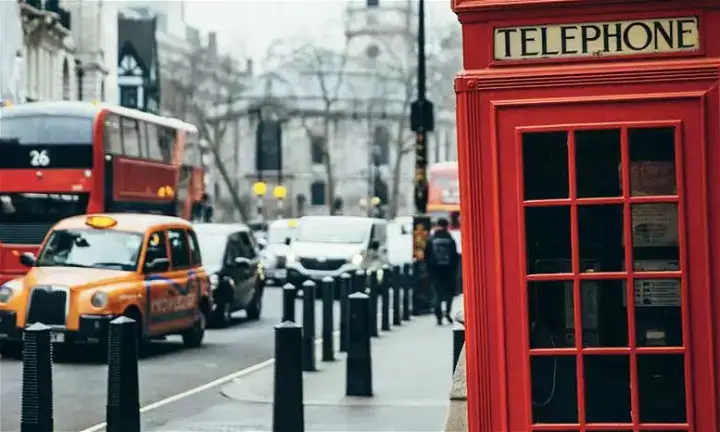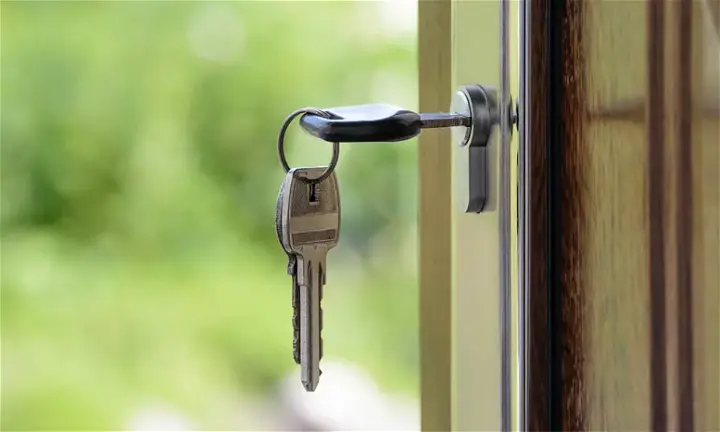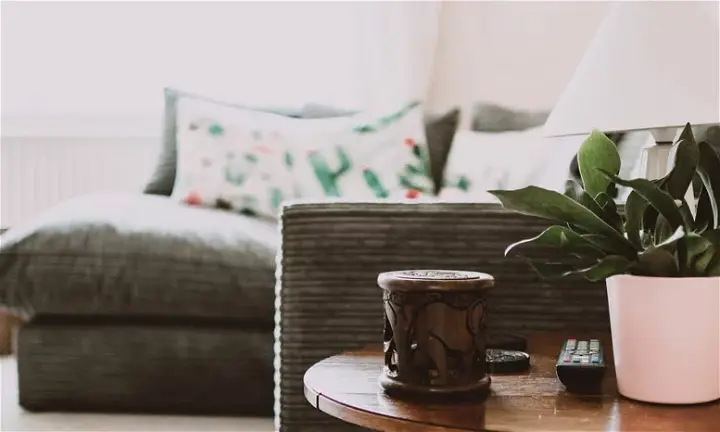
Getting Ready to Study in France as a Foreign Student
Today, France is incredibly desirable as a place to complete university studies and a large number of foreign students come for both long and short periods either on study abroad schemes, or to complete their studies. In 2012, France welcomed 271 399 foreign students from across the globe, 29 293 of whom were taking part in the Erasmus Program. Here’s a rundown of all the admin that you need to get done to make your arrival as smooth as possible.
VISAS: When Are They Necessary?
If you are coming from an EU country, or from the Swiss Confederation, you need neither a VISA, nor a residence permit. As a result you can just register at a university in the normal way. If you are coming from another country, you are going to have to request a Type D, long-term student VISA from the French Consulate in your country of residence. You can show the Consulate a letter confirming your registration at the French university in which you are going to study.
Apply for a Grant
Moving to a foreign country is never easy, and it’s very expensive. Student living costs actually go up every year. To help you out, there are grants for foreign students that are allocated by the Ministry of Foreign Affairs. You’ll need to apply via the Department of cooperation and cultural action of the French Embassy back home, before you leave for France. You can benefit from a study grant, an internship grant, a high level scientific course grant or a social security cover grant depending upon your individual situation.
If you are awarded a grant, the Centre National des Oeuvres Universitaires et Scolaires (CNOUS), or French National Centre for University and School Affairs will be in charge of your application and will help you make arrangements.
Getting a Bank Account
If you are staying in France for longer than 3 months, it is best that you open a bank account. La carte bleue (the French equivalent of a debit card) is essentially used for shipping, as well as for paying bills. This type of card is reserved for small sums of money only. You will therefore need an account to pay for you bills, shopping and to receive grants and your salary into is you are going to be working.
To do so, you just have to go into a bank and book a meeting with an advisor. You will need photo ID, your residence permit and a proof of address in France.
Paying For Your Accommodation
If looking for accommodation scares you at first glance, bear in mind that you can benefit from financial aid for student accommodation. You could go for a flatshare or houseshare, which is an ideal way to save money on accommodation, through splitting the rent, and a way of quickly integrating yourself into the student community. You could also think about renting a room from a local resident landlord, if you’d prefer a calmer environment for your studies.
Finally, to pay for your studies, nights out and trips whilst you’re in France, why not work a bit? Check out our tips for



